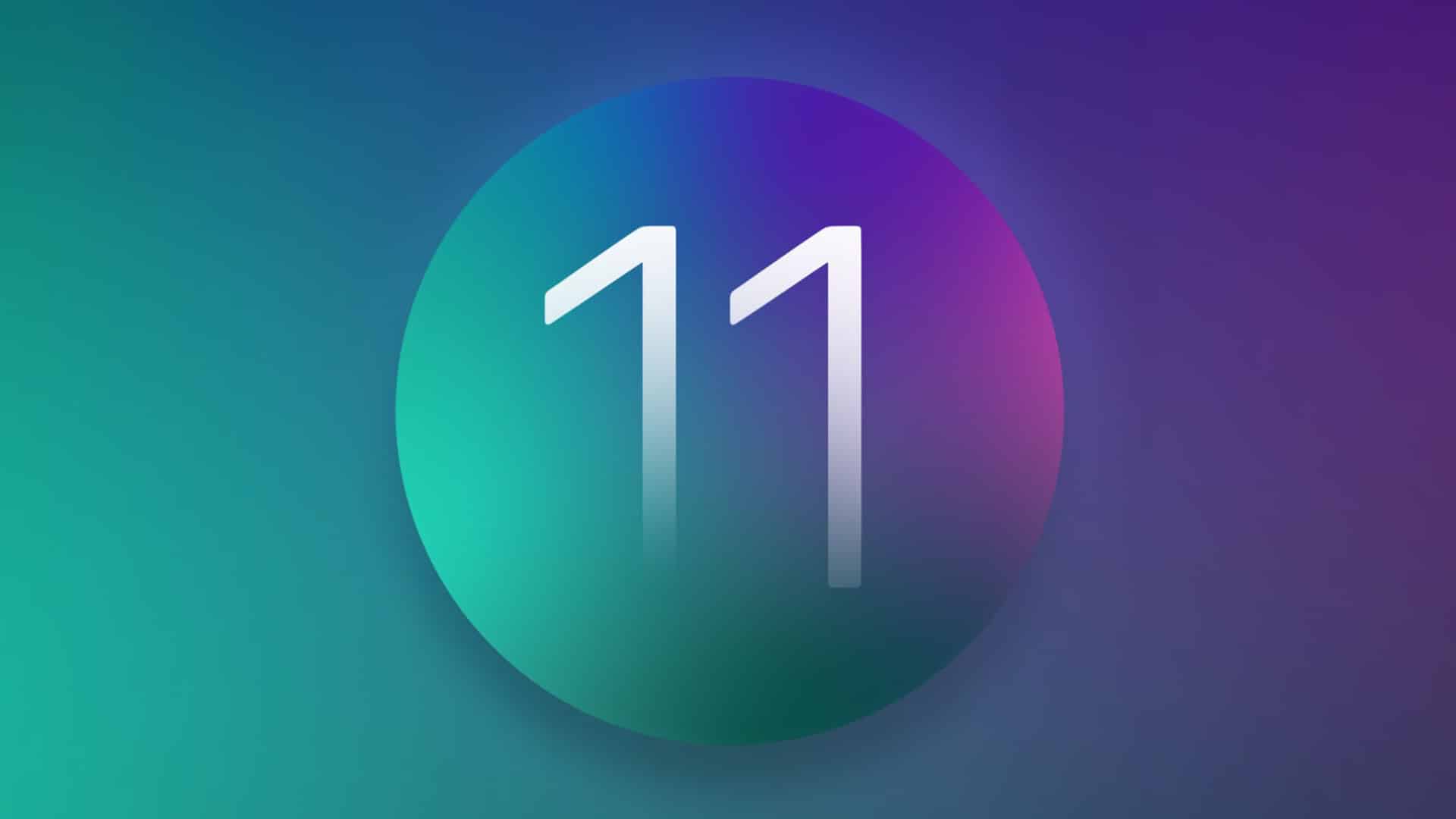In a recent legal development, Apple has formally requested the dismissal of a lawsuit initiated by Elon Musk’s X Corp. The lawsuit alleges that Apple’s exclusive partnership with OpenAI’s ChatGPT constitutes an antitrust violation, claiming that Apple is legally obligated to collaborate with Musk’s AI venture, xAI, among others.
Background of the Dispute
The contention began when Elon Musk publicly accused Apple of favoring OpenAI within the App Store’s AI rankings. He asserted that Apple’s actions effectively prevent any AI company other than OpenAI from achieving the top position, labeling this as a clear antitrust violation. This accusation was followed by a lawsuit from xAI, which argued that Apple’s exclusive partnership with OpenAI, integrating ChatGPT into Apple Intelligence as a fallback for Siri, was anti-competitive. The lawsuit demands billions in damages, contending that Apple should be required to form similar partnerships with other AI chatbot companies, including xAI.
Apple’s Response and Legal Motion
Apple has responded by filing a motion to dismiss the lawsuit, describing the claims as baseless. The company argues that antitrust laws do not mandate simultaneous partnerships with every generative AI chatbot, regardless of factors such as quality, privacy, safety considerations, technical feasibility, development stage, or commercial terms. Apple emphasizes that its collaboration with OpenAI does not preclude future partnerships with other AI entities. The company highlights its commitment to user safety and quality, suggesting that its current partnership decisions are guided by these principles.
Industry Reactions and Broader Implications
The tech industry has observed this legal battle with keen interest, as it touches upon broader issues of competition, innovation, and the responsibilities of major tech companies in fostering a diverse AI ecosystem. Critics argue that exclusive partnerships can stifle competition and innovation by limiting opportunities for emerging AI companies. Supporters of Apple’s position contend that companies should have the freedom to choose partners that align with their standards and strategic goals.
Legal Precedents and Antitrust Considerations
This case brings to light the complexities of antitrust laws in the rapidly evolving AI sector. Legal experts note that while antitrust laws aim to prevent monopolistic practices and promote fair competition, they do not necessarily require companies to engage with all market participants. The outcome of this lawsuit could set a significant precedent for how partnerships are formed in the tech industry and how antitrust laws are applied to emerging technologies.
Conclusion
As the legal proceedings continue, the tech community awaits the court’s decision, which could have far-reaching implications for AI partnerships and competition within the industry. Apple’s motion to dismiss underscores the company’s stance on maintaining autonomy in its partnership decisions while adhering to legal standards. The resolution of this case will likely influence future collaborations and the competitive landscape of AI technologies.



